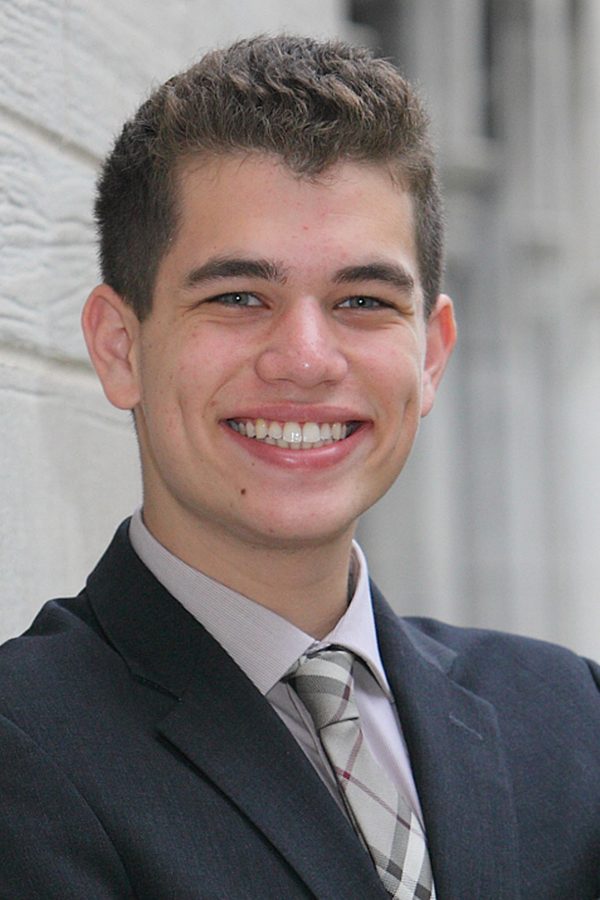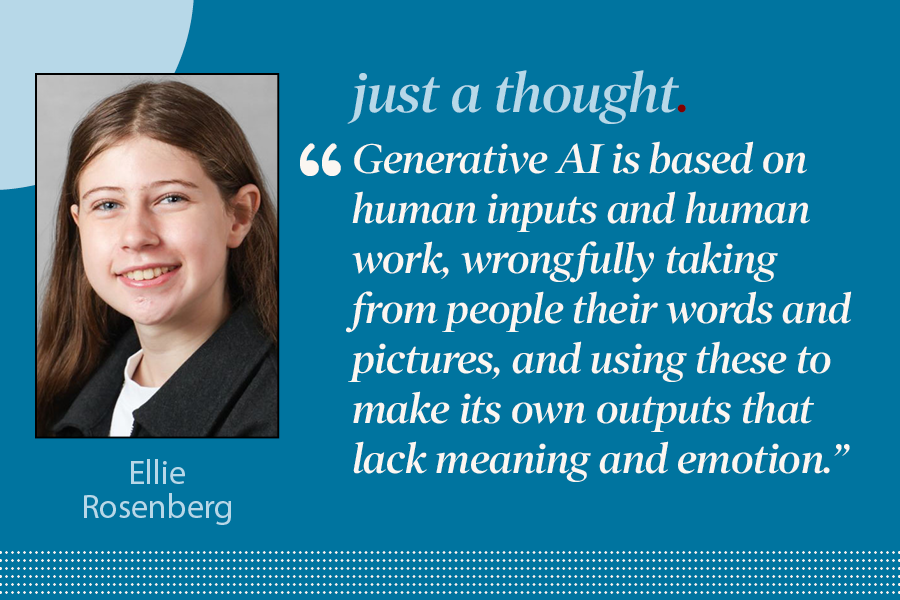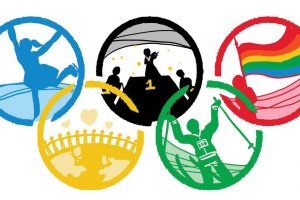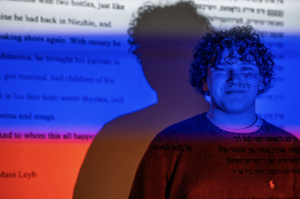Olympics should empower LGBT athletes
February 8, 2018
Young children who watch the Olympics notice competitors from the U.S. team hugging their loved ones after each event. They have seen male athletes hug their female partner and female athletes hug their male partner. This year, for the first time at the Winter Olympics, viewers could see a man embrace his same-sex partner.
The world is becoming more openly accepting of the LGBTQ community. However, one sector has just begun to change: the Olympics. Self-branded as “the Sport to Create Social Change,” the International Olympic Committee must do more to establish a welcoming and supportive environment for everyone regardless of sexual orientation or gender identity.

In the 2018 PyeongChang Winter Olympics, more than 90 national teams will compete, with thousands of athletes participating in a variety of sports. Among these athletes, two Americans are openly LGBTQ.
Adam Rippon, selected as one of three men’s figure skaters on the U.S. Olympic team, was the first openly gay American athlete to qualify for the 2018 Winter Olympics. He is joined by freestyle skier Gus Kenworthy, who won a silver medal at the 2014 games and came out in 2015. Mr. Rippon has publicly stated that the Olympics are not a supportive environment for gay athletes, most dramatically by protesting Vice President Mike Pence’s leadership of the U.S. delegation. In nearly a century of Olympic tradition, athletes have only recently begun feeling comfortable discussing their sexual orientations without fearing harsh retribution from other athletes or the public.
Several institutions have been created throughout the past half-century to empower athletes that identify with the LGBTQ community, yet more nuanced steps need to be taken.
The Federation of Gay Games, created in 1982, was an attempt to address inherent prejudice toward gay athletes and their perceived inability to openly participate in sporting events. In 2010, the Olympic Committee created a temporary Pride House to host LGBT athletes, volunteers and visitors attending the Olympics. Although the IOC has publicly stated the need to empower LGBTQ athletes, the action they have taken has been minimally effective.
In the past, the IOC utilized its influence to create real social change. The IOC banned South Africa from competing during the Apartheid era. The IOC has the capability to use similar tactics to incentivize nations with anti-LGBT laws to abandon their discriminatory practices in order to compete.
Now, the IOC should pressure countries to repeal anti-gay laws in order to participate in the games. Since the Olympic Games are held in such a high regard by nearly every country, their administration holds the power to effect real social change.
Moving forward, the IOC should focus its efforts on future generations and the legacy their games create. Through demonstrating the importance of accepting all people, regardless of sexual orientation, both the Olympic Games and sports at large will become more welcoming toward members of the LGBTQ community. The Olympic Committee can make these institutional change to utilize their powerful influence in a positive way.
For all children watching the Olympics, seeing the success of LGBTQ athletes and their ability to perform at the same level as their straight competitors will embolden the acceptance of LGBTQ people in future generations.































































